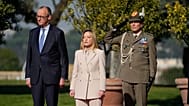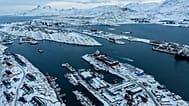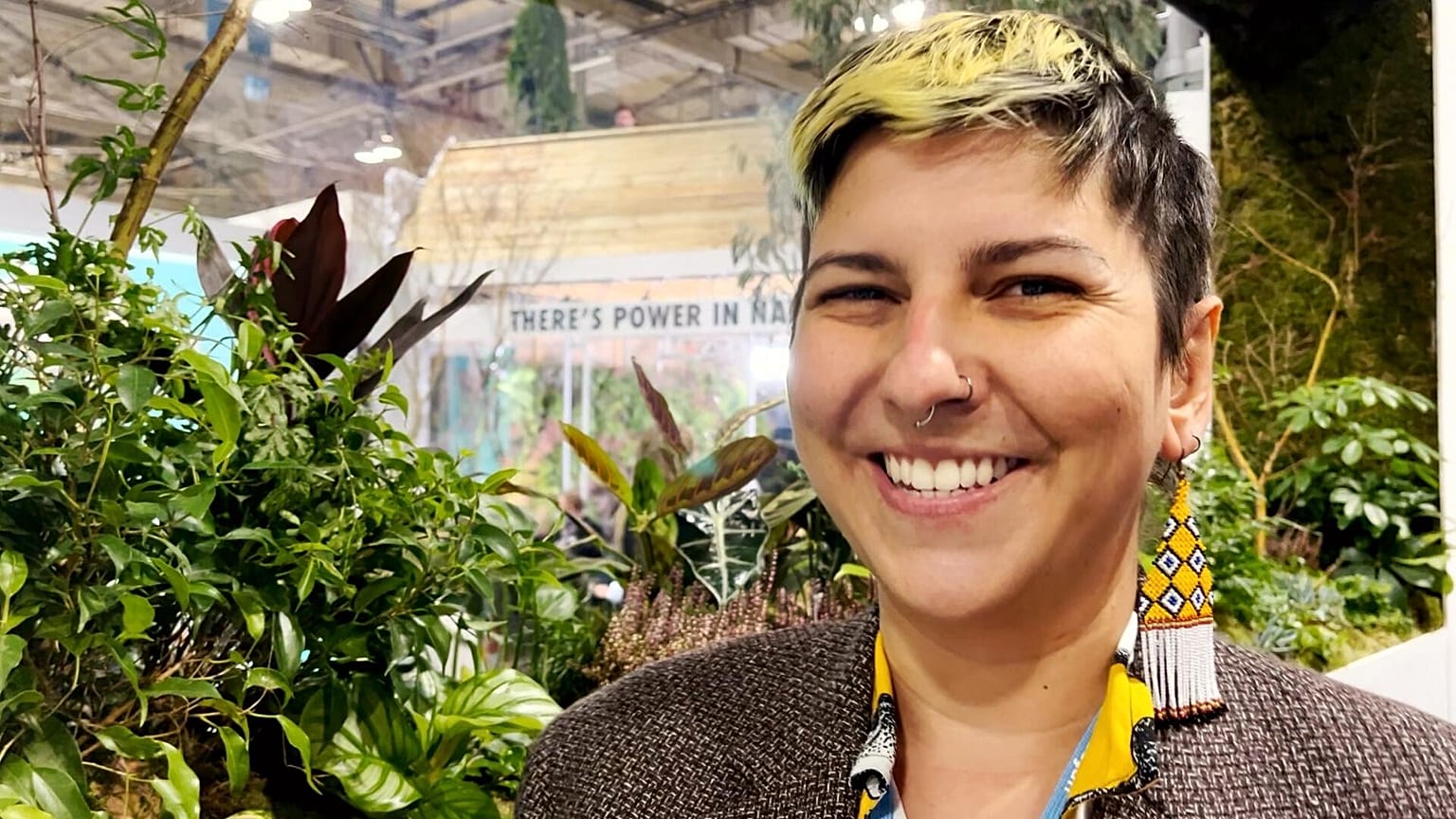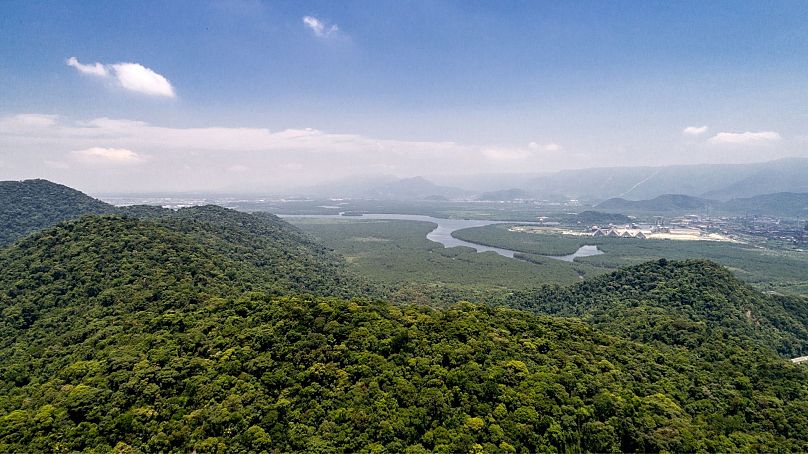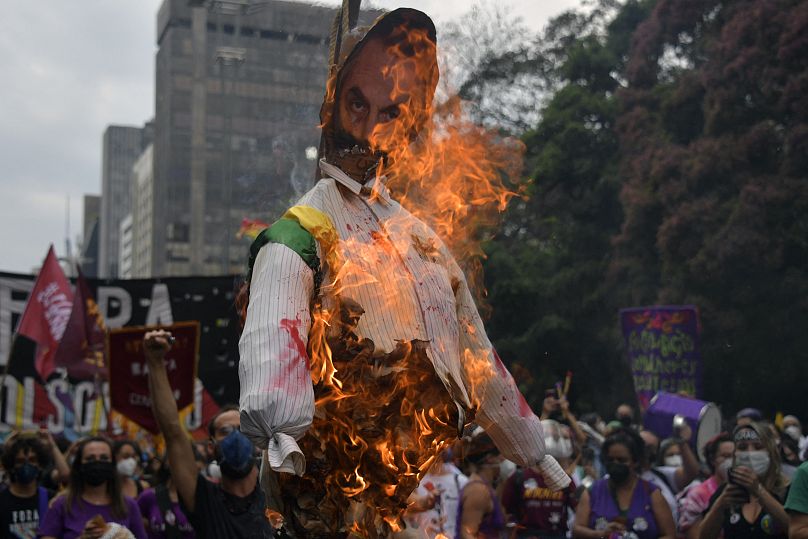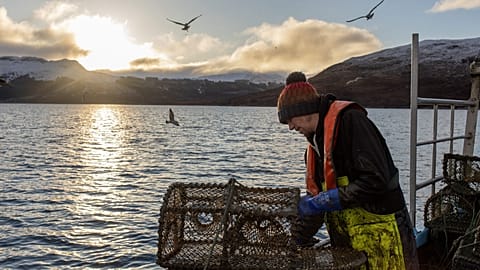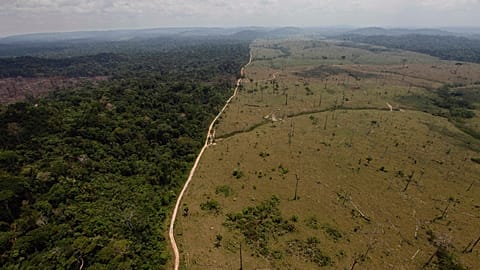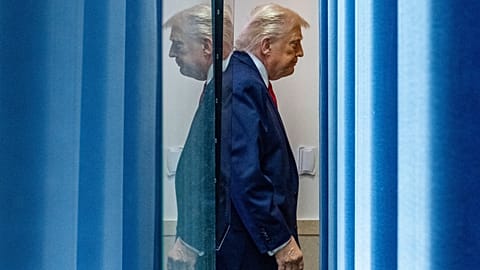'Nature is also a parent of me'. Gaby Baesse has spent their whole life standing up for the environment.
Throughout COP26, we’re profiling some interesting people we meet here in Glasgow.
From volunteers to politicians to activists to scientists, we’ll bring you the breadth of people here at the UN climate summit.
Name
Gaby Baesse
Role
I'm from Brazil, I'm the Regional Director for Latin America and the Caribbean for Youth4Nature. My pronouns are they/them and I'm a transgender non-binary person.
How long have you been in the environmental space?
My involvement within the environmental sector began when I was born. My dad was also an environmental protector, so since I was a kid I was involved in actions to protect nature.
My parents in a way taught me that nature is also a parent of me, so it's a part of me that is always teaching me.
I grew up in this environment, and it just came naturally to me to continue to do so, and to start doing it in a way that I would be able to get an income out of it.
I think I have a lot to thank for my parents who were always involving me in environmental projects.
I really hope that more kids can have this opportunity to just have this, so defending nature becomes a part of them.
What does it mean to be here at COP26?
For me, it is a great opportunity to be here at COP26, being able to engage with more youth that are doing amazing projects around the world - especially in Latin American and the Caribbean.
I want to engage with more youth that are doing not only innovative projects, but working directly with nature and with grassroots movements that are really on the frontline of climate change - and the biodiversity crisis that we face as well.
And also being able to be at this conference as a representative of my country, as a non-binary transgender person, is a great opportunity. It is a group that faces a lot of difficulties to enter workspaces and in all kinds of spaces as well. So it is amazing to be able to be here.
Why does representation matter when it comes to diversity in these spaces?
I think it is really important to have diversity in these types of spaces - and any spaces - because the more diversity we have, the more possibilities of solutions there are and of finding other ways to face the crisis.
And not just in the crisis, but also to understand the world in a different lens - in a different way.
I believe that we should all defend all types of diversity, including biodiversity, but also the diversity of people and nature, in all the types of beings that we have in the world.
I believe that with this diversity, we have these amazing words, which provide us with a lot of possibilities.
What do you think of the centring of nature at COP26?
This has been a long time coming. Nature has been missing from the conversations for too long. I don't understand why these agendas were not connected since the beginning. Because if we're talking about climate change, we're talking about nature.
It is impossible to talk about climate change without nature - and it is also one of the important ways of dealing with this. I believe nature holds a lot of the answers.
I think that if we look closely at what nature has to teach us, nature as a whole, the plants, the animals and the other human beings in our whole diversity, we are going to be able to find solutions.
Why is it important to have young people in conversations about nature?
I think it is very important to have young people talking about the importance of nature, in the climate agenda. Because all these matters are connected in a way.
I also believe that young people have a lot of understanding to bring in solutions. They are already implementing different projects in their own local areas.
So we really need to have young people in the discussion and finance them to be able to continue this great work.
What’s your reaction to the deforestation pledge - especially as someone from Brazil?
As a Brazilian, I see the declaration that we had today and, yeah, we are a little bit worried because we know that when we see the actions our government does on the ground, the reality is not what they have in that document.
The reality is a government that is going after people that are fighting for environmental justice, people that are protecting nature. The government that we have right now in Brazil is actually enhancing deforestation.
It is a problem that we have these leaders that talk a lot, but when we go to see what they're doing, they are not actually implementing what they are saying.
What we need right now is to stop with a lot of talk and start doing. It's more important to be doing things than just creating amazing and beautiful discourses that don't lead us anywhere.
What’s your message for world leaders - those here at COP26 and not here?
My message for world leaders is that you have to start doing what you're saying.
We can no longer have only good narratives about how we are going to protect nature, in the fight against climate change, we need things to be done.
I believe that a way to do so is to look after people in your countries and in your cities, who are already doing a lot of stuff.
Look at those people, help them continue their great work, and have them in the decision-making places participating.
Click on the video above to find out more about Gaby.



